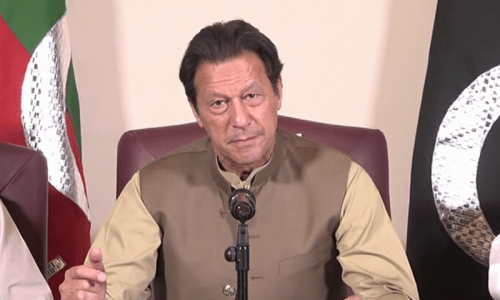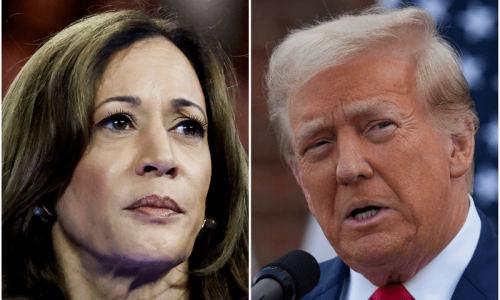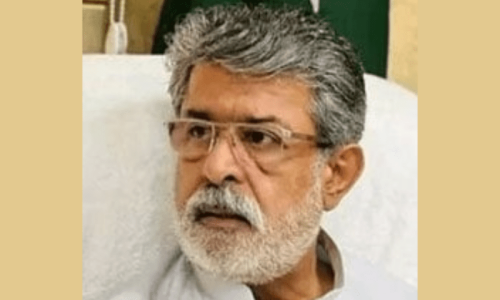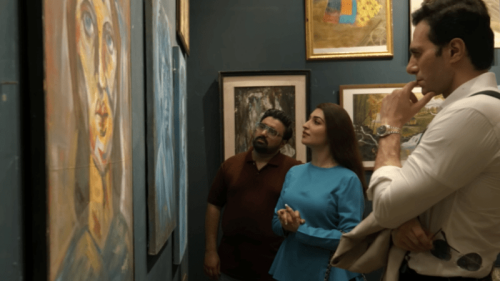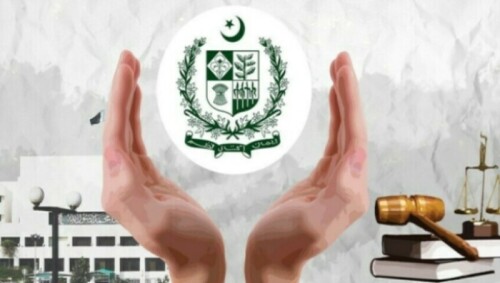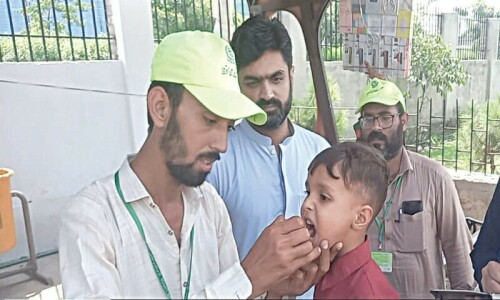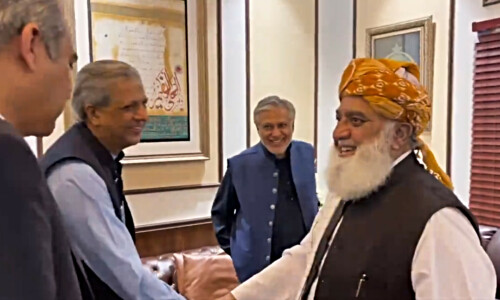NEW DELHI: A special war crimes tribunal in Bangladesh on Tuesday sentenced two more men to death after finding them guilty of killing, kidnapping and looting during the country's independence war against Pakistan in 1971.
The three-judge panel in Dhaka, the capital, ruled that Obaidul Haque Taher and Ataur Rahman Noni were involved in the deaths of seven people. Prosecutors said they helped Pakistani soldiers attack a village in Netrokona district on Oct 19, 1971. The men pleaded not guilty.
Bangladesh says Pakistani soldiers, aided by local collaborators, killed 3 million people and raped 200,000 women during the nine-month war.
Prime Minister Sheikh Hasina established the war tribunal in 2010, sparking violence and drawing criticism from opposition politicians, including leaders of the Jamaat-i-Islami party.
Former Prime Minister Khaleda Zia, head of the country's main opposition Bangladesh National Party and a rival of Sheikh Hasina, accuses the government of using trials to weaken the opposition, and victimising her political opponents.
Hasina's government denies the allegation and says it won power in 2008 with an election pledge to prosecute war crimes suspects. Four people, including three leaders of the opposition Jamaat-i-Islami party, have been hanged so far..
Members of the party opposed the breakaway of Bangladesh, and many are alleged to have committed atrocities during the 1971 war. The party continues to deny that its leaders committed any atrocities.
When two such leaders were hanged on charges of genocide, torture, rape and abduction last November, Pakistan's foreign office issued a statement noting "the unfortunate executions" with "deep concern and anguish."
A spokesman for the Foreign Office said Pakistan also took notice of the international community's reaction to the flawed trials in Bangladesh related to the events of 1971.
Explore: 1971 war: Witness to history















